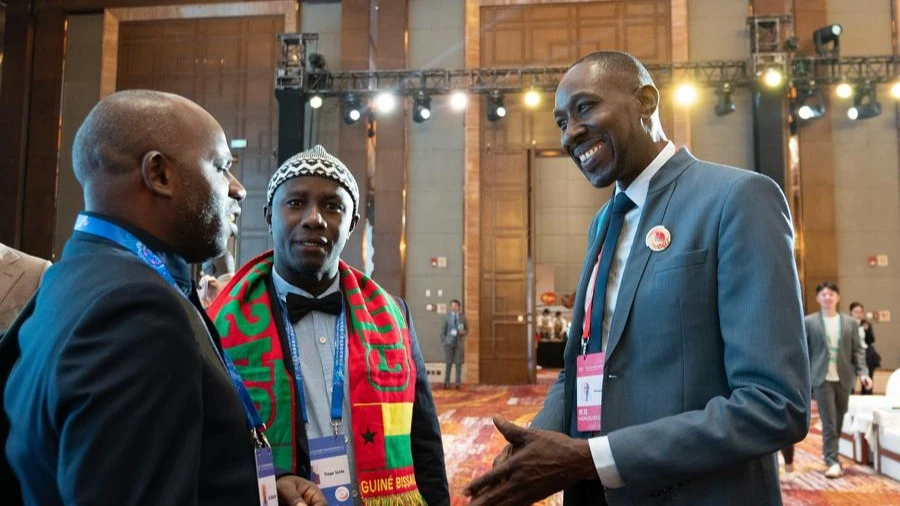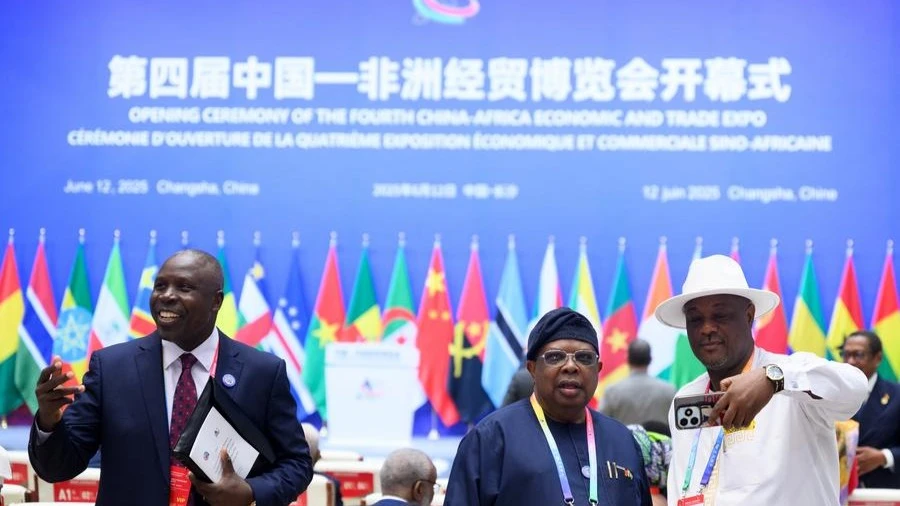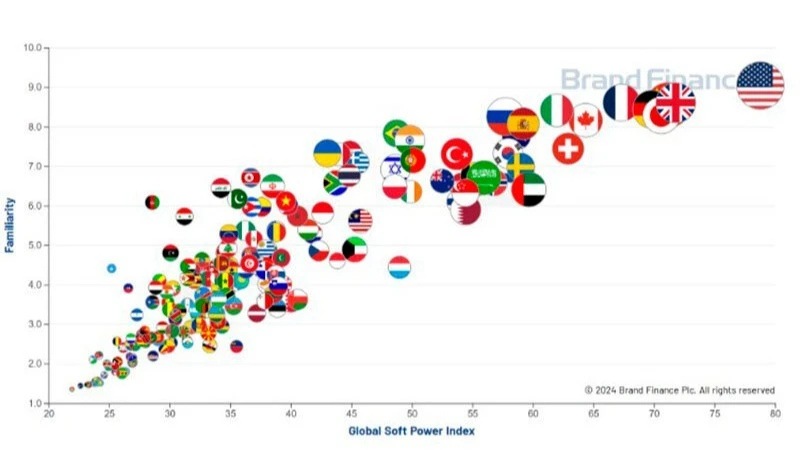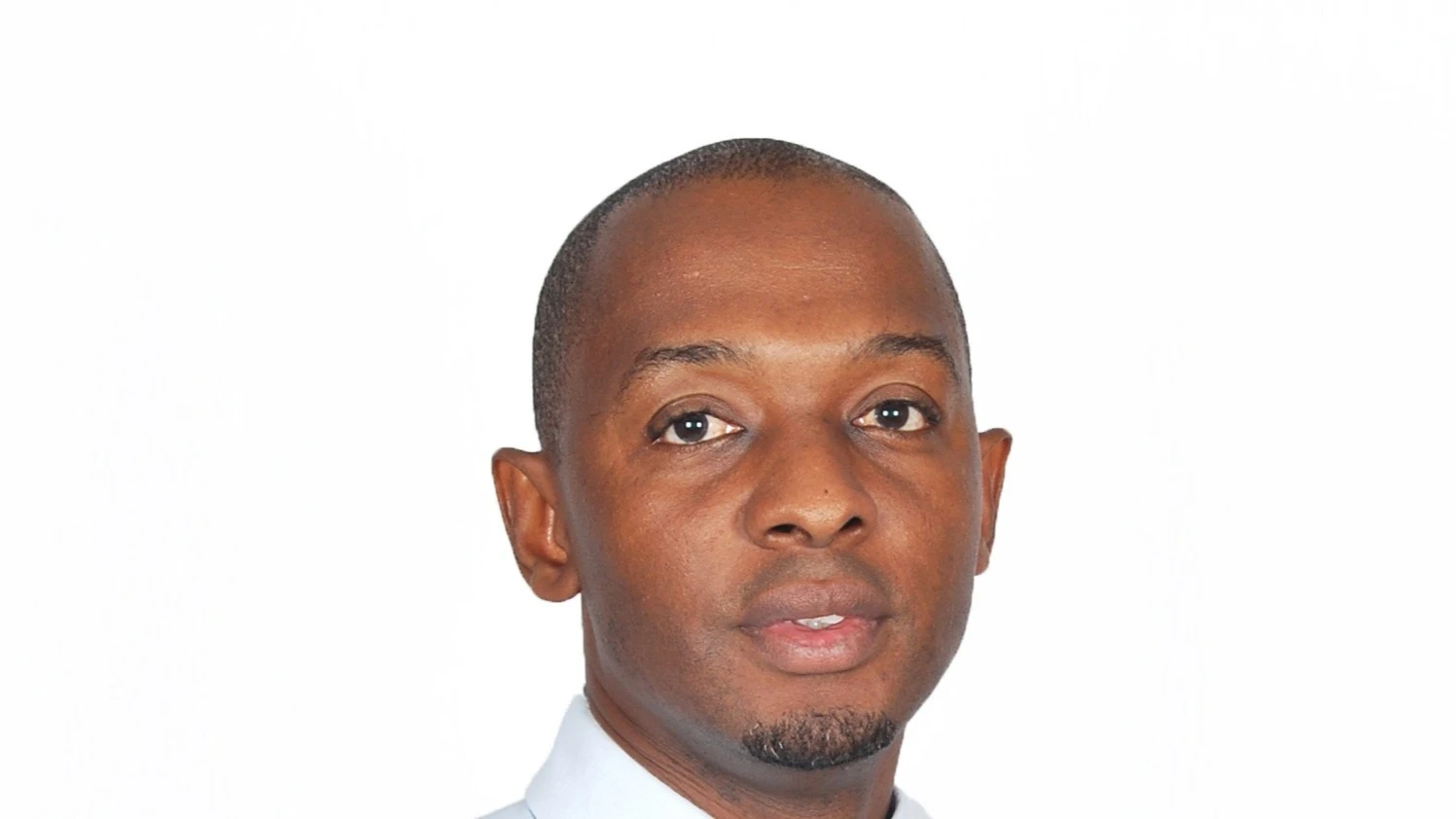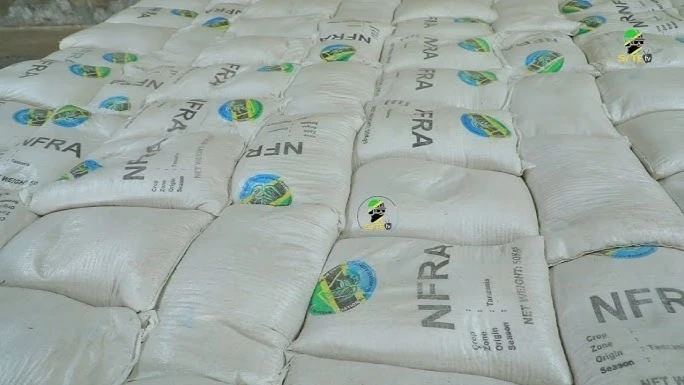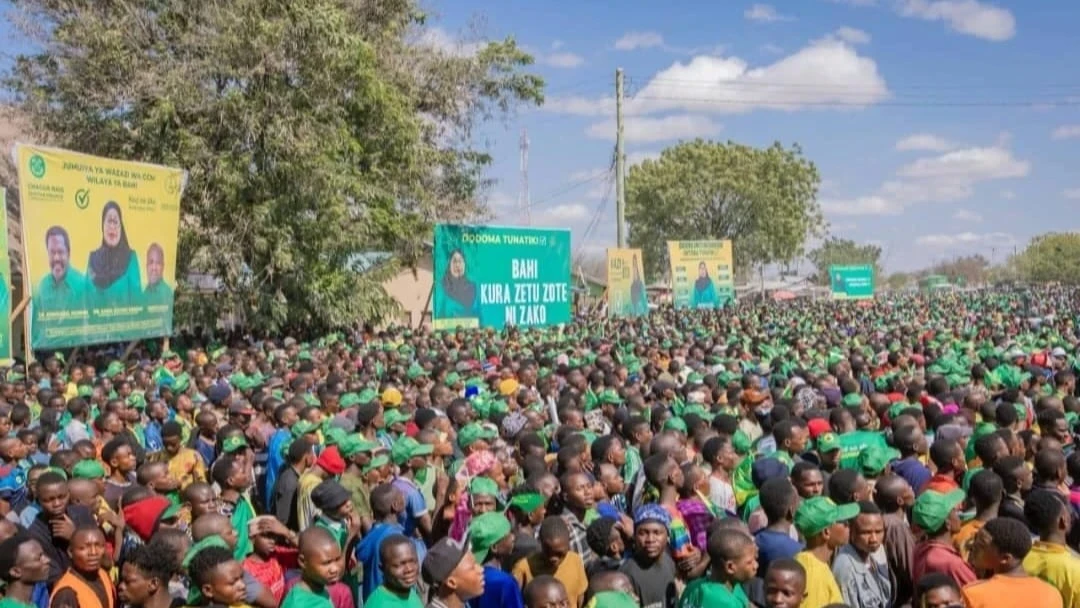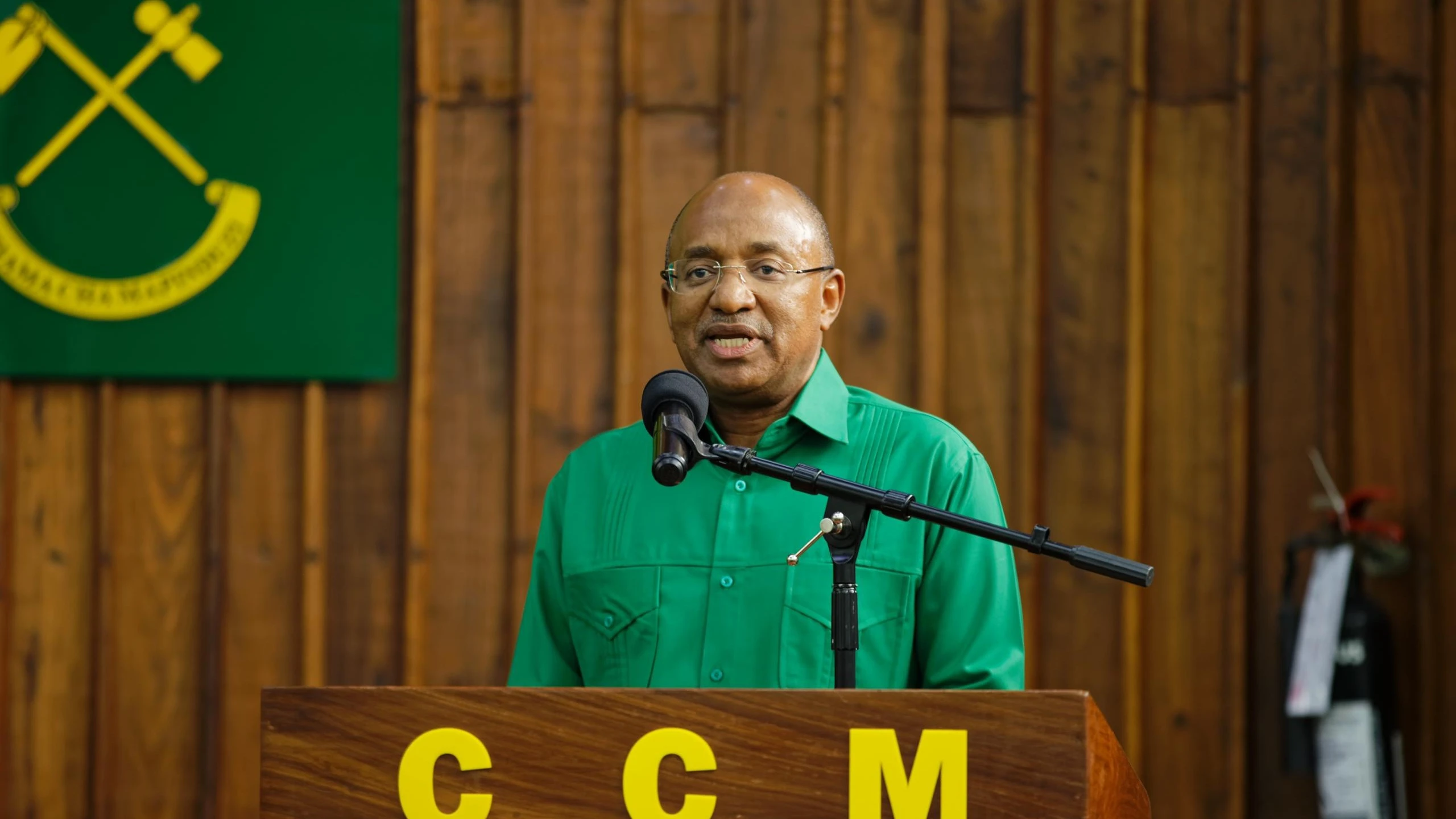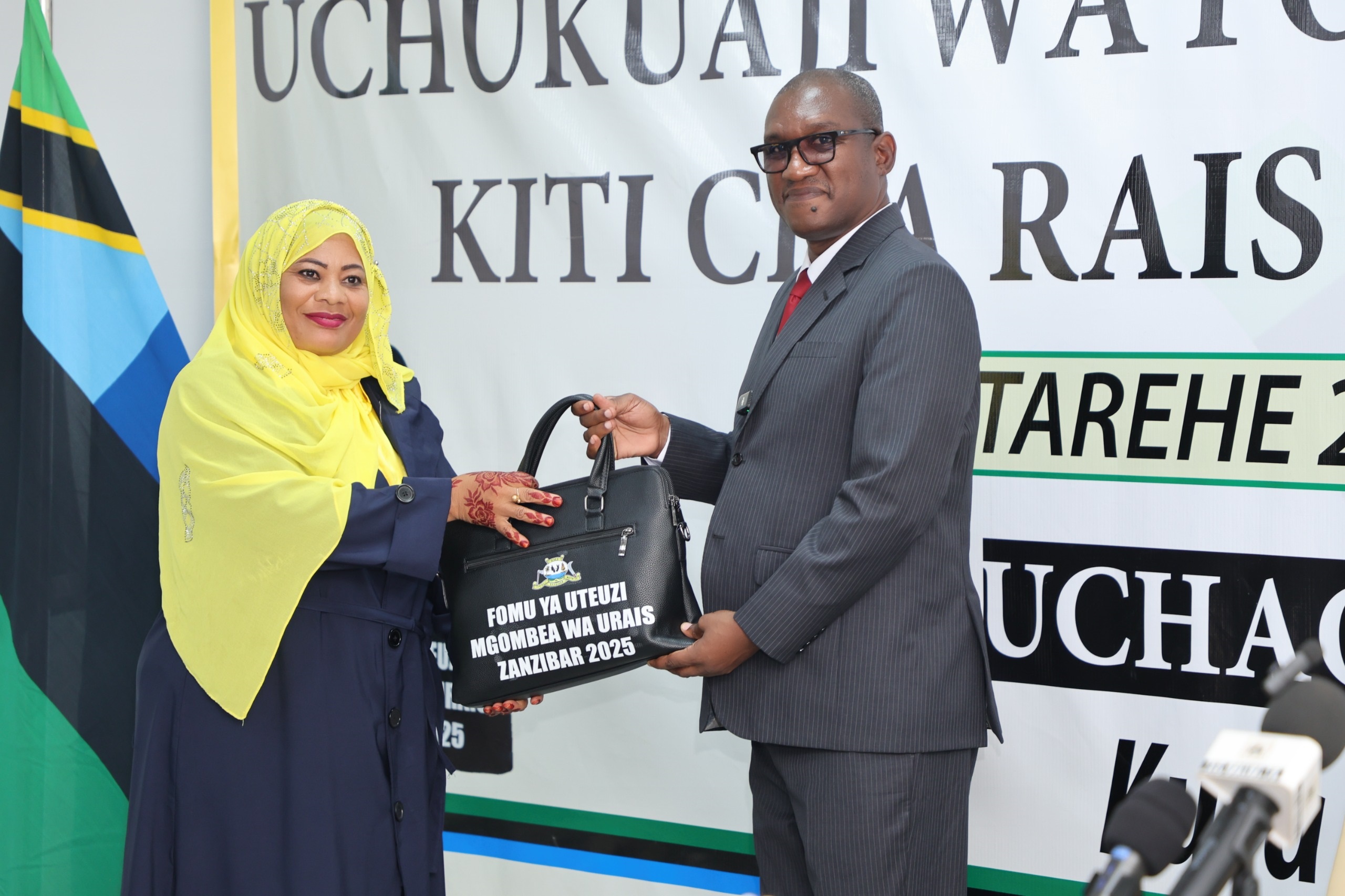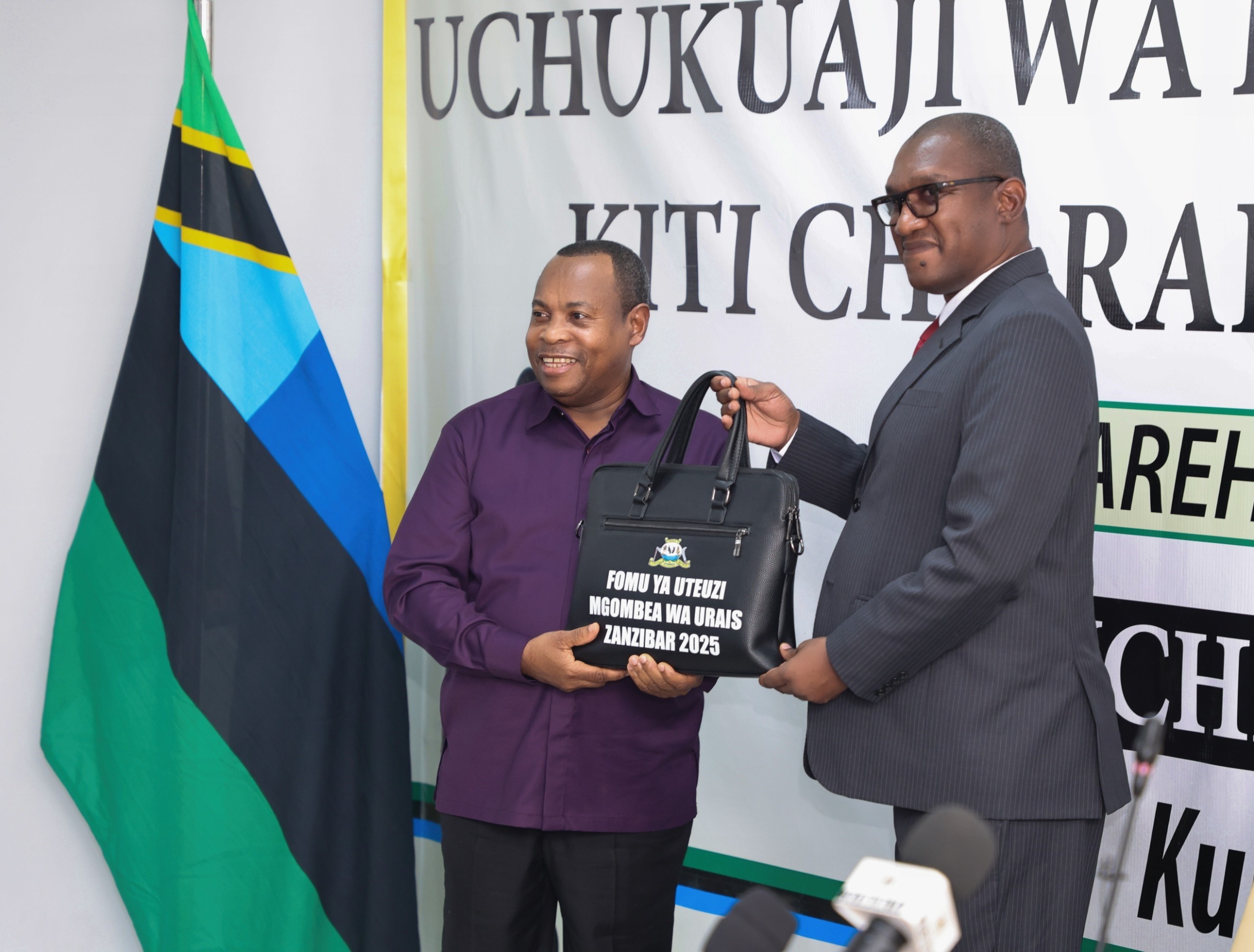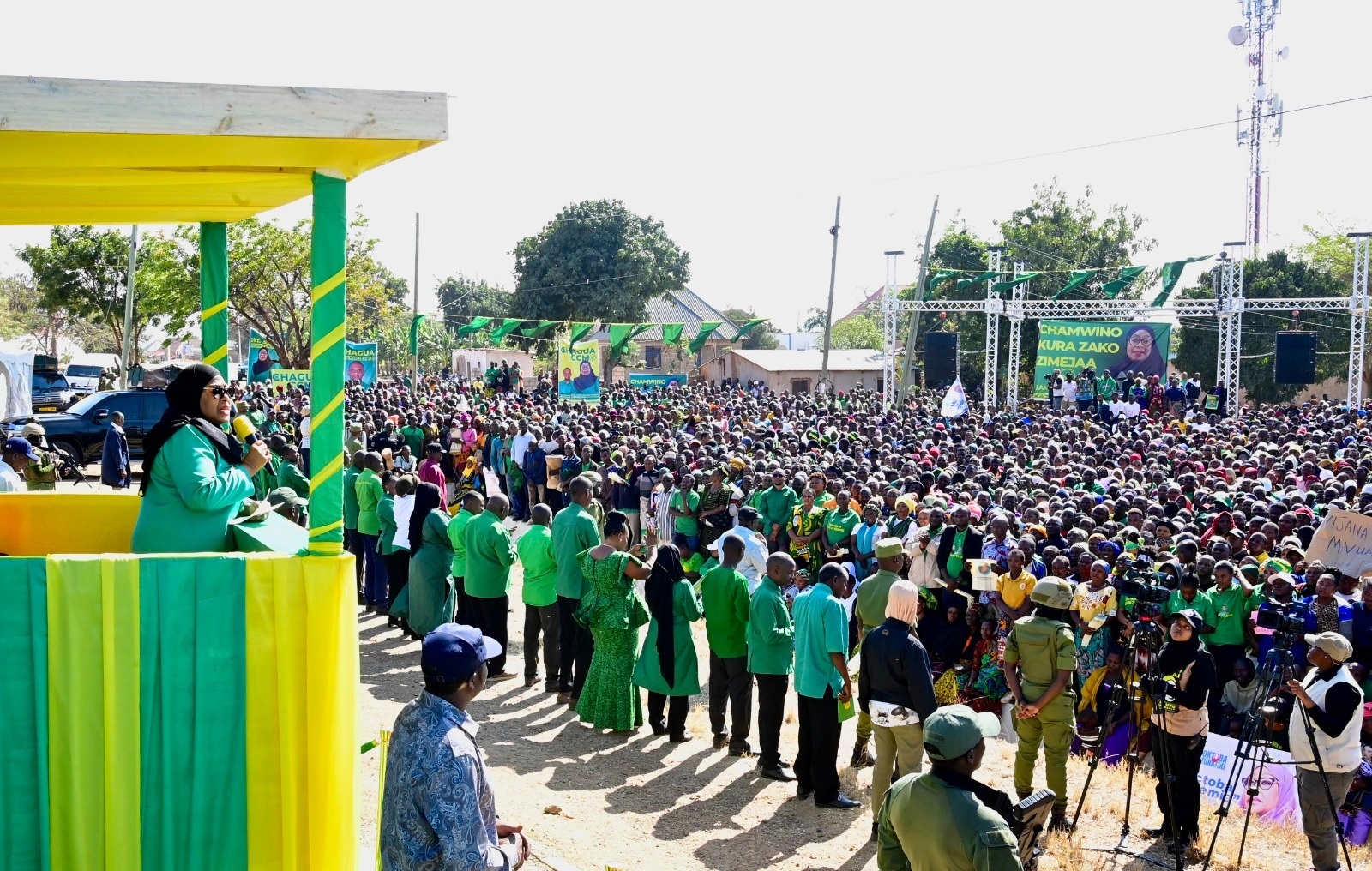Sumaye: Opposition ill-prepared to challenge CCM in 2025 Polls
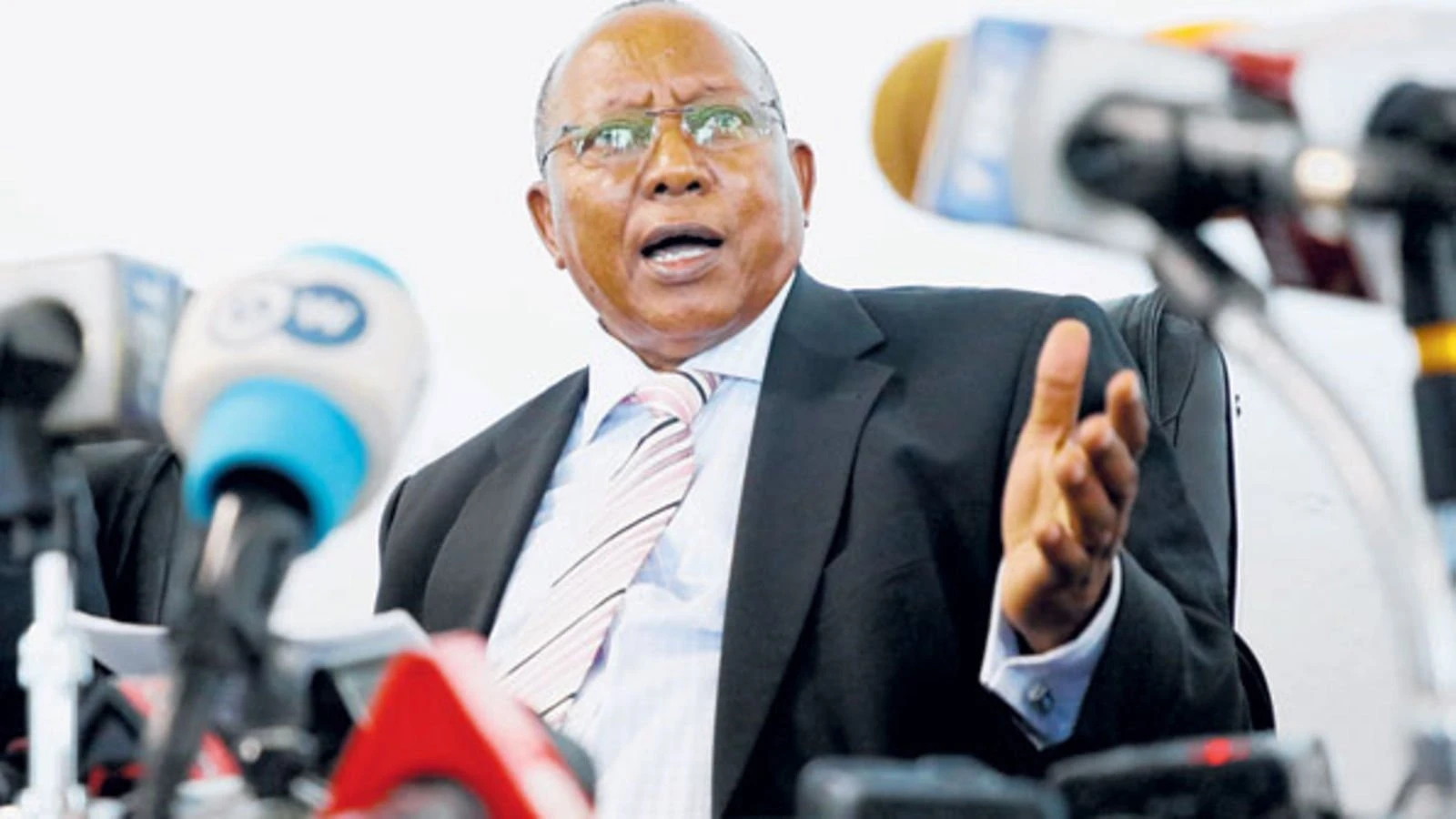
FORMER Prime Minister Frederick Sumaye has argued that opposition parties entered this year’s general election without adequate preparation to effectively challenge the ruling CCM.
In a candid phone interview with Nipashe after appearing on state broadcaster TBC earlier this week, Sumaye said the lack of groundwork and weak grassroots mobilization had severely undermined opposition prospects in the presidential race. He advised opposition parties to focus instead on parliamentary and councillorship contests, where he believes they still have a chance to secure representation.
“The campaign atmosphere is moving on well. I see CCM progressing strongly. Chaumma is trying, ACT-Wazalendo is present but not vibrant enough—they still look like they are consolidating themselves. They have not adequately prepared or engaged in sufficient political groundwork to introduce themselves to citizens and recruit many members,” Sumaye explained.
He observed that when a party remains dormant for most of the political cycle and only emerges during a general election, its chances of performing well are slim.
“That is exactly the case with most opposition parties,” he added.
By contrast, Sumaye said CCM has maintained a consistent presence by holding regular meetings and activities in line with its constitution. This visibility, coupled with its large membership base of over 13 million, gives it a structural advantage.
“To be seen as a serious player, you must do political work consistently—not just during an election year,” he emphasized.
On the presidential race, Sumaye said signs indicate no opposition party is currently capable of defeating CCM. He praised CCM’s candidate, President Samia Suluhu Hassan, describing her as a strong contender with wide appeal.
“Our candidate has so much to share with the people—achievements already realized and plans for the future. When she speaks, people can see evidence of her record. That makes her very marketable,” he said.
Reflecting on changes in Tanzania’s political culture, Sumaye lamented that elections today have become highly commercialized, unlike in his era. He recalled contesting his first parliamentary election in 1985 with only 10,000/- borrowed from two months’ salary.
“Back then, politics was not a business. Today, you are told unless you have between 300 to 500m/-, don’t even attempt to run. It shows how politics has become monetized,” he said.
He contrasted the past—when ruling party structures financed campaigns, provided accommodation, and organized food for candidates—with the present situation, where candidates must shoulder almost all expenses and face expectations of handouts.
“In those days, voters themselves would slaughter goats to feed campaign teams. Today, it is the candidates who are asked, ‘what will you leave us with?’ Corruption was unheard of then, but things have changed greatly,” he noted.
Turning to the broader electoral environment, Sumaye urged Tanzanians to maintain peace, unity, and calm during the election season.
“Even if one feels dissatisfied or unfairly treated, there is always another opportunity in politics. Let us not jeopardize our nation’s peace and cohesion. Without peace and stability, there can be no development,” he cautioned.
He reminded citizens that many countries have destroyed their progress by descending into conflict and urged Tanzanians to cherish their unique culture of unity and mutual respect.
“We must remain one people, correct mistakes where they occur, and safeguard Tanzania’s reputation as a peaceful and respected nation,” Sumaye concluded.
Top Headlines
© 2025 IPPMEDIA.COM. ALL RIGHTS RESERVED








